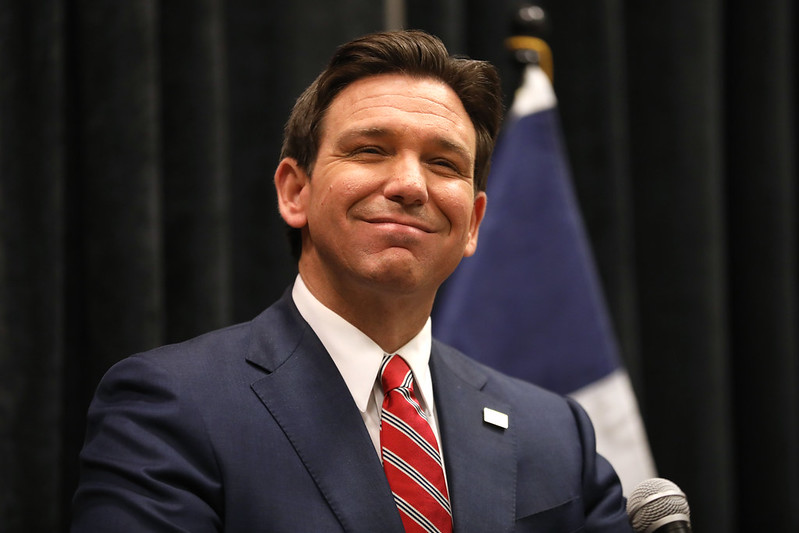Florida’s recent push to relax child labor laws reveals a complex economic strategy tied directly to immigration policy. The legislation, advancing through Florida’s legislature, would strip work protections for teenagers, potentially allowing 16- and 17-year-olds to work unlimited hours with no mandatory breaks.
The Labor Gap Strategy
Governor Ron DeSantis explicitly linked the child labor expansion to his immigration crackdown, stating at a recent panel: “Why do we say we need to import foreigners, even import them illegally, when you know, teenagers used to work at these resorts. College students should be able to do this stuff.”
The timing is telling. After Florida’s 2023 law requiring employers with over 25 workers to verify immigration status through E-Verify, businesses faced immediate workforce shortages. DeSantis acknowledged this reality: “Yes, we had people that left because of those rules, but you’ve also been able to hire other people.”
What The Legislation Does
Senate Bill 918, which passed the Senate Commerce and Tourism Committee by a narrow 5-4 vote, would:
- Remove all hour restrictions for 16- and 17-year-old workers
- Eliminate prohibitions on 14- and 15-year-olds working before 6:30 a.m. or after 11 p.m. on school days (for homeschooled or virtual school students)
- End mandatory meal breaks for teenage workers
“This is a parental rights issue,” said bill sponsor Sen. Jay Collins (R-Tampa). “Frankly, we’re not talking ‘The Jungle’ by Upton Sinclair. We’re talking about them working at Publix and Piggly Wiggly.”
The Business Connection
The legislation mirrors a nationwide push by the Naples-based Foundation for Government Accountability, funded by the Ed Uihlein Family Foundation. Dick Uihlein, who leads the foundation, was a significant donor to DeSantis’s presidential campaign.
Similar Posts
Economic and Social Concerns
Critics warn of multiple risks:
- Educational Impact: “We’re facing another attempt to strip away basic safeguards for Florida’s children, all to appease corporate interests looking for cheap labor,” said Jackson Oberlink from Florida For All.
- Safety Concerns: U.S. Labor Department statistics show Florida had 1,691 child labor violations in 2023 and 2024.
- Economic Vulnerability: The Florida Policy Institute reports over 80,000 16- and 17-year-olds are already employed in Florida, most balancing work and school.
Republican Pushback
Even some Republican lawmakers expressed discomfort. Sen. Joe Gruters (R-Sarasota) voted against the bill, saying: “I think this sends a bad message. I think we should allow kids to work the hours they’re allowed now with the (parent) waiver system, and that’s it.”
Sen. Nick DiCeglie (R-Indian Rocks Beach) added: “I share many of the same concerns that my colleagues do up here. We’re talking about 14- and 15-year-olds.”

Market Dynamics
The legislation highlights a growing tension between immigration policy and workforce needs. As Florida’s economy continues to rely heavily on service and seasonal industries, the removal of immigrant workers has created immediate economic pressures.
Rather than addressing wages or working conditions to attract adult workers, the state appears to be looking toward an expanded youth workforce – a strategy that carries significant educational and safety implications.
“I think we need to let kids be kids,” Gruters concluded.

















